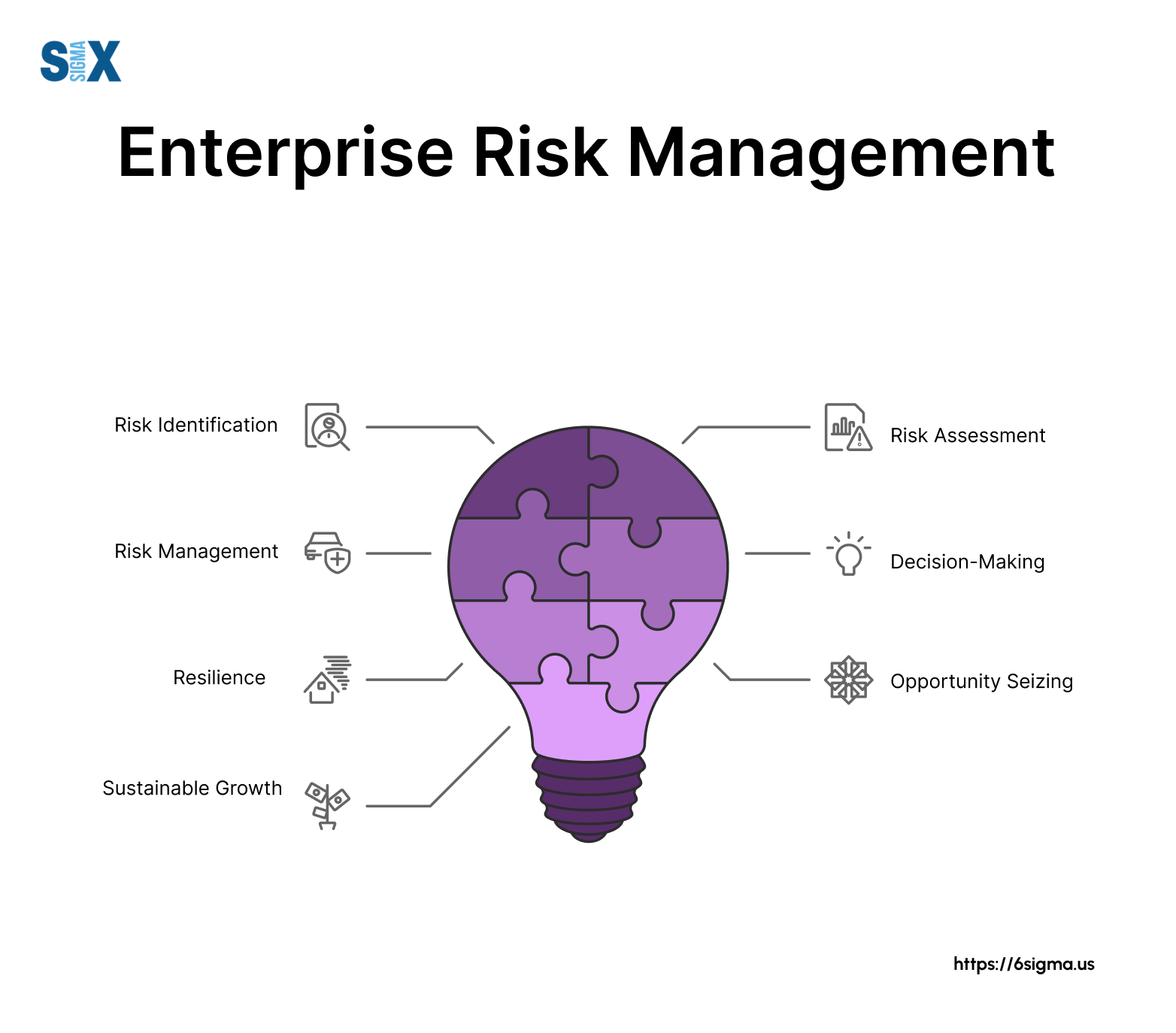The Importance of Comprehending the Relevance of Risk Management in Numerous Industries

The Core Concept of Risk Management and Its Function
Risk Management, the cornerstone of several industries, depends upon the recognition, analysis, and reduction of uncertainties in a company environment. It is an important technique that allows organizations to secure their properties, credibility, and total survival. By correctly recognizing prospective risks, companies can develop methods to either stop these dangers from occurring or minimize their effect. The evaluation procedure entails analyzing the chance and possible intensity of these risks. The mitigation procedure entails designing approaches to minimize their prospective impact once risks have actually been recognized and examined. This process is ongoing and cyclical, making certain that companies are gotten ready for the ever-changing nature of Risk in various markets. The main purpose, thus, is to foster strength in the middle of uncertainties.
Benefits of Applying Risk Management in Business Workflow

Introducing the Duty of Risk Management in Different Industries
While every market confronts its one-of-a-kind set of dangers, the implementation of Risk Management techniques stays a common measure in their pursuit of sustainability and growth. In the health care field, Risk Management requires guaranteeing person safety and data defense, while in finance, it includes mitigating financial investment risks and guaranteeing regulatory compliance (importance of risk management). Construction firms concentrate on worker safety, project delays, and budget overruns. In the technology industry, firms minimize cybersecurity hazards and modern technology obsolescence. Eventually, the function of Risk Management across markets is to determine, analyze, and mitigate risks. It is a crucial part of strategic preparation, enabling companies to protect their assets, make best use of possibilities, and attain their purposes.
Real-life Study Showing Effective Risk Management
To understand the value of Risk Management in these numerous markets, one can look to several real-life circumstances that illustrate the successful application of these steps. Toyota, post the 2011 earthquake in Japan, changed its supply chain Management to minimize interruption threats. These instances official statement show just how industries, discovering from dilemmas, effectively applied Risk Management methods to lower future threats.
Future Patterns and Advancements in Risk Management Approaches
As the world remains to progress, so as well do the fads and growths in Risk Management strategies. Rapid improvements in innovation and data analytics are improving the Risk landscape. Big data and AI are currently crucial in forecasting and minimizing dangers. Organizations are leveraging these devices to build anticipating versions and make data-driven choices. Cybersecurity, as soon as an outer concern, has actually catapulted to the center of Risk go to these guys Management, with methods concentrating on detection, action, and prevention. The assimilation of ESG (Environmental, Social, Administration) variables right into Risk Management is another expanding pattern, showing the raising acknowledgment of the function that environmental and social threats play in organization sustainability. Therefore, the future of Risk Management hinges on the fusion of innovative modern technology, innovative techniques, and an alternative method.
Final thought
In verdict, understanding the importance of Risk Management across a spectrum of industries is vital for their long life and success. Ultimately, successful Risk Management adds to a lot more resistant and lasting organizations, highlighting the value of this practice in today's highly competitive and dynamic service atmosphere.
While every market challenges its special set of threats, the execution of Risk Management methods stays an usual denominator in their search of sustainability and development. In the health care industry, Risk Management involves ensuring patient safety and security and information security, while in finance, it entails mitigating financial investment dangers and guaranteeing regulatory conformity. Eventually, the function of Risk Management across sectors is to determine, evaluate, and minimize dangers. These situations demonstrate just how markets, discovering from situations, successfully used Risk Management strategies to decrease future check over here risks.

Comments on “Exploring the Long-Term Benefits and Importance of Risk Management for Startups”